Bengaluru Startup Turns Company e-Waste into Profits, Processes over 500 tonnes!
“The problem with the 2 million tons of waste generated in the country is that over 90 per cent of this ends up in the informal sector with no safety or procedure,” says Achitra Borgohain the founder of Binbag.

We live in a time where it has become increasingly difficult to do without technology. Computers, laptops and our beloved mobile phones are staples, the absence of which will equate to a loss of limb for many. The Ministry of Electronics and Information Technology (MeitY) published a report in collaboration with the accounting firm KPMG, which stated that the demand for electronic and IT hardware products is expected to touch Rs. 24 lakh crore by 2020. This sounds great for companies that function in this sphere. So what about all the redundant and rejected e-waste?
The Global E-waste Monitor published a report in 2017 stating that our country generated 2 million tonnes of e-waste in 2016.
Love growing plants and upcycled items? Check out these beautiful flower pots made from e-waste!
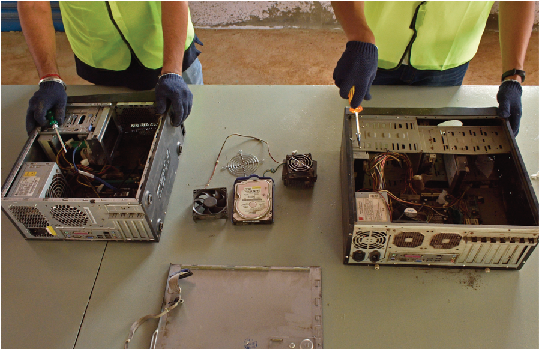
“And, the problem with the 2 million tonnes of waste generated in India is that over 90 per cent of this ends up in the informal sector for recycling,” says Achitra Borgohain says the 41-year-old founder of Binbag, a startup that provides e-waste recycling, asset recovery and data destruction services to companies across India.
What Achitra is saying is not far from the truth.
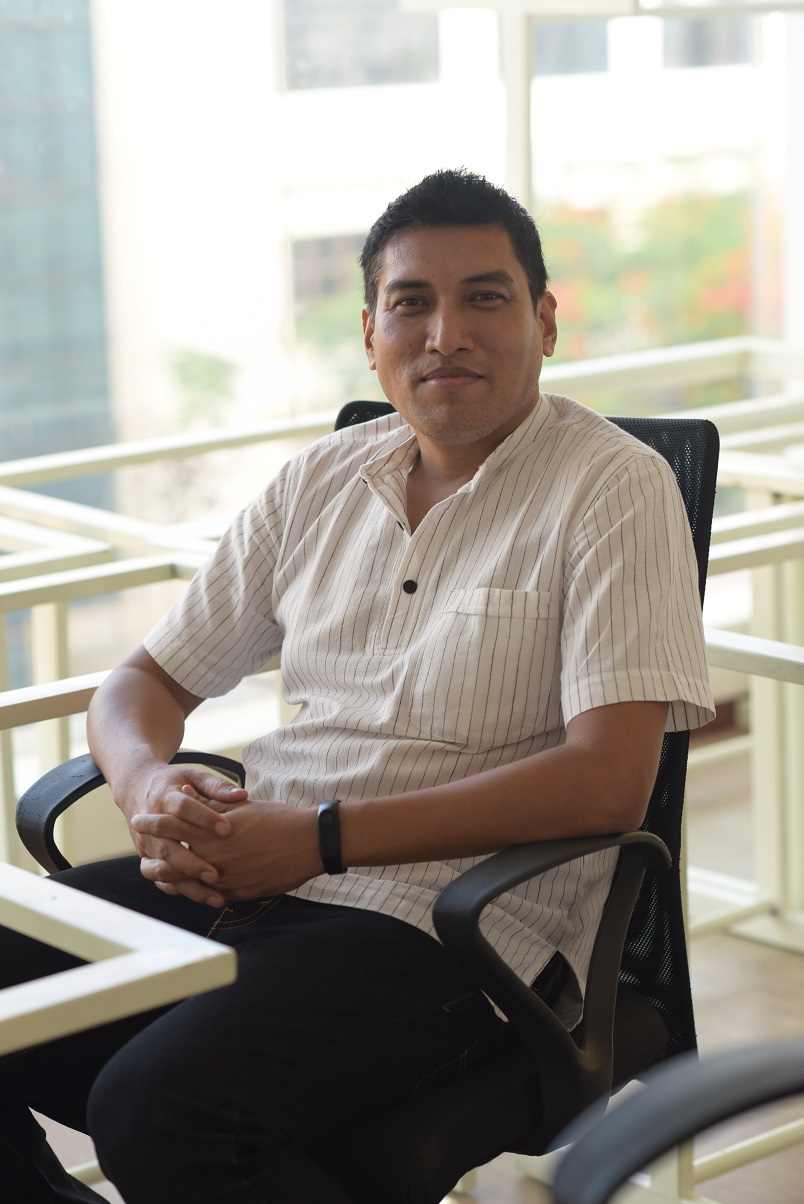
To that end, his startup – Binbag has recycled over 500 tonnes of e-waste from across the length and breadth of the country since its inception in 2014.
The Scope of Binbag
Reports state that in India, almost 95 per cent of the e-waste ends up in the informal sector which is detrimental to the health of informal workers in this sector who have to handle the waste without any proper guidelines or safety measures.
Additionally, since most of these workers are unskilled, recycling of waste is inefficient. This ends up polluting the surroundings. This is the gap which Achitra wanted to fix.
Binbag is working closely with 40 small, medium and large companies. Their services include inspection of the waste that needs to be recycled once they get an inquiry by the company. Thereafter, Binbag sends pickup trucks to collect the e-waste from the site which is then brought to the startup’s processing plants.
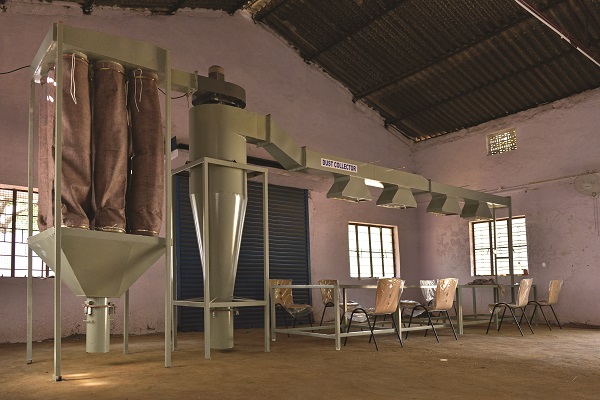
Workers in these plants then segregate the waste based on materials like plastic, metals and rubber for the purpose of recycling or repurposing. The segregated and recycled parts are sent to recycling companies or to downstream companies like plastic manufacturers or smelters.
Base of Operations
The startup has two facilities where this e-waste is recycled. One of these is located in Hindupur in Andhra Pradesh with a capacity to recycle 300 tonnes of e-waste per annum. They set up their second facility in Assam with CSR support from Oil and Natural Gas Corporation (ONGC) in July this year. The capacity of this facility is 120 tonnes per annum and it is located in Guwahati.
One of Binbag’s clients from Assam is a tea company – Amalgamated Plantations which has about 25 tea estates. Parag Saborny, 41, Assistant Manager at the Plantations, says that the company had a lot of e-waste that had accumulated over a considerable period of time.
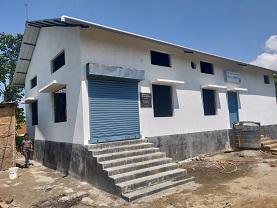
“We had monitors, printers, keyboards, cables and other electronic hardware which we wanted to dispose off in the right way without polluting the environment. We looked everywhere in the north-east for an e-waste recycling facility but couldn’t find anyone,” says Parag.
Then about seven months back they heard that Binbag is going to set up a facility in Guwahati.
“Would you believe the fact that there was not a single licensed and verified e-waste facility in the north-east?” asks Achitra.
Parag says that now, they are not worried about the disposal of their e-waste. “Associating with Binbag has been extremely beneficial for us. We recently sent them the e-waste which had been lying around in a room for about 4 years just taking up all the space,” he says.
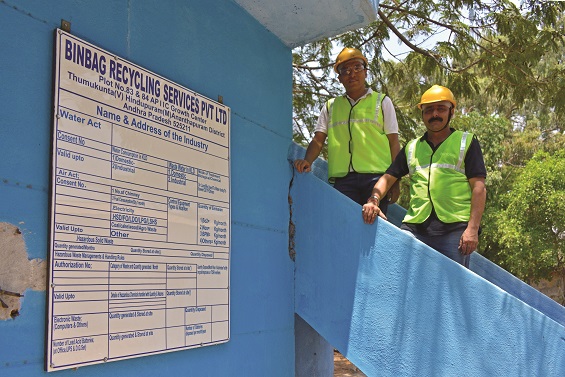
He explains that they do not have to incur extra costs in transporting their e-waste to facilities outside the north-east. “It is convenient for us as the waste is picked up by them right at the doorstep. We have come to an arrangement where they would be picking up the waste two times in a year,” he says.
Achitra says that the plant in Guwahati will only recycle waste from north-east as it would ensure the e-waste from the region is handled efficiently.
Challenges and Impact
The startup is currently providing its services across the country. However, the scaling up of these operations is not a child’s play. The startup faced several challenges during its journey.
When they first started out, the biggest challenge was related to growth and identifying customers who would want to avail their services. Due to lack of awareness and consciousness regarding disposal of e-waste, scouting for new clients continues to be challenging.
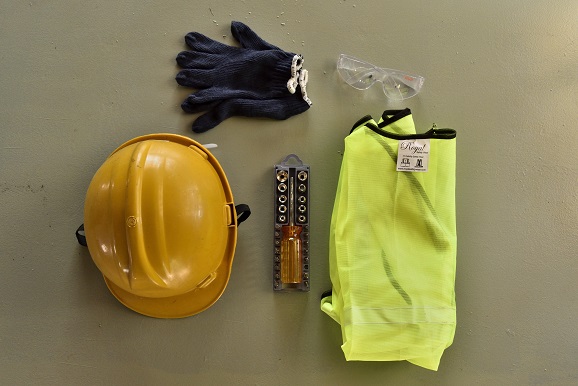
“Growth has its own challenges. Today, a large part of our effort goes into getting new customers, convincing the older ones to stay with us while managing the cash flow to keep the operations running. Given that we have set up two plants, we have now fixed costs which were not there when we started out,” says Achitra.
Despite these challenges, the Binbag’s work has been recognised by different platforms. It was one of the seven startups selected to present at the Global Social Business Summit in 2015. This event was organised in Berlin by Grameen Creative Lab. The startup was also the winner of the Urban Sanitation Award in 2017 given by Urban Sanitation Magazine in association with the Ministry of Housing and Urban Affairs.
The startup is also working with big clients like in the IT industry like the Hinduja Global Solutions (HGS) headquartered in Bengaluru.
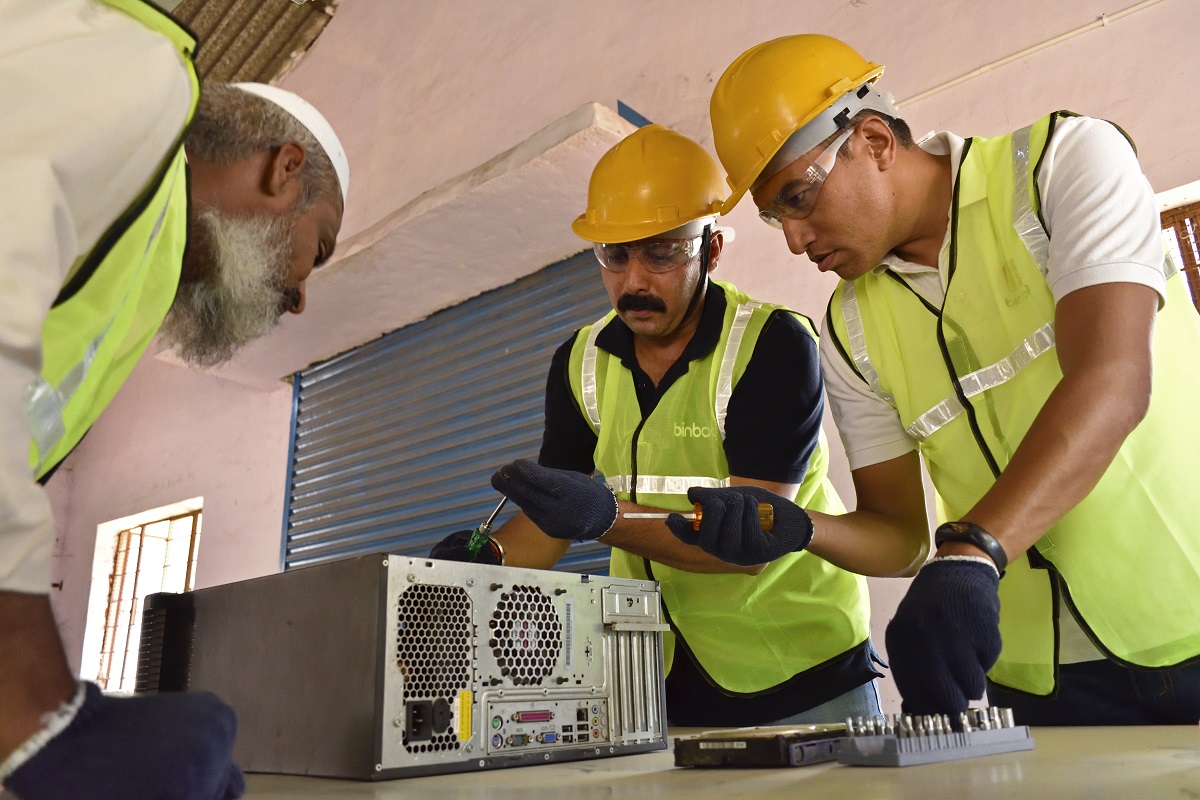
Now, Binbag is trying to set up it’s recycling facilities in the western India.
So, what are Binbag’s aspirations?
“While challenges exist at all stages,our overarching goal is to bring more e-waste into formal recycling. We believe that the biggest challenge the industry faces today is the lack of efficient collection system. Given that the amount of e-waste generated in India is India per annum spread across a wide geography and large number of SMEs, a centralised model of sourcing would mean high logistics cost,” he explains.
Hence, they are looking at smaller, distributed recycling plants spread across the country that could penetrate new markets, service smaller customers while generating livelihoods.
“This would also mean that more and more e-waste collected is documented and comes into formal recycling. We want to create this network and help smaller recyclers prosper by giving them access to customers while they follow certain standards of operations,” he says signing off.
Also Read: E-waste Recycling 101: Where to Donate Your Old Electronics, Phones in India
(Edited by Saiqua Sultan)
Like this story? Or have something to share?
Write to us: [email protected]
Connect with us on Facebook and Twitter.
If you found our stories insightful, informative, or even just enjoyable, we invite you to consider making a voluntary payment to support the work we do at The Better India. Your contribution helps us continue producing quality content that educates, inspires, and drives positive change.
Choose one of the payment options below for your contribution-
By paying for the stories you value, you directly contribute to sustaining our efforts focused on making a difference in the world. Together, let’s ensure that impactful stories continue to be told and shared, enriching lives and communities alike.
Thank you for your support. Here are some frequently asked questions you might find helpful to know why you are contributing?


This story made me
-
97
-
121
-
89
-
167











